THE ART AND SCIENCE OF MOVEMENT
The History of Physical Fitness - from prehistoric times to modern man.
Strength can come from unexpected places, even places where you feel "not as strong." Rushing through movements can disrupt this process, but building your proprioception and internal feedback can help you build overall finesse.
Can you simplify your cueing as an instructor? Is it all about verbal communication or is there something more?
Top 3 Movement Articles for Fall. Covering biomechanics, natural athleticism, and the magic of creative movement.
Many individuals are familiar with the abdominals in the torso. Less are familiar with the "neck abdominals." Weakness here is one of the most common aspects observed, and can be a centerpiece for more distal issues such as neck and shoulder pain/dysfunction.
Increased positive body image can be a by product of increased movement skill. But a sole focus on only external aesthetics may leave a lot on the table in terms of acquiring real movement quality. Take a deeper look at what it means to be “fit.”
Many times clients come to sessions asking for certain "fitness" components. There are some instances when Pilates can be an ideal tool, and other times when there can be a mismatch.
While wearing a heart rate monitor can trigger a “more” type of response and be beneficial in some circumstances it can be distracting in other circumstances. Utilize HR training in these optimal circumstances.



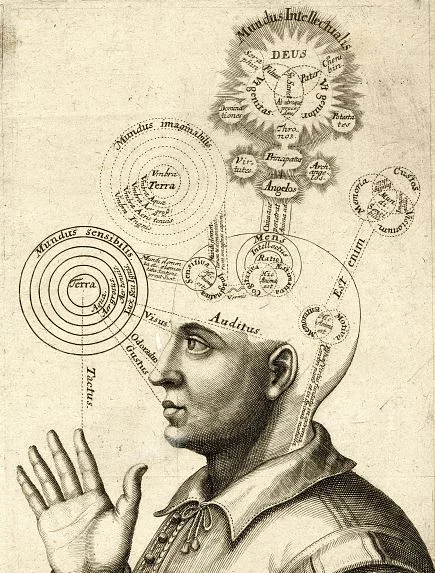

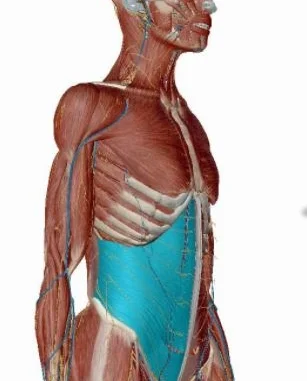
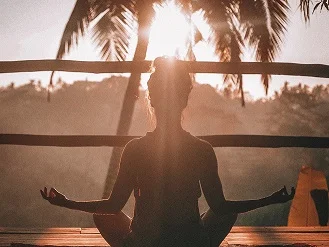

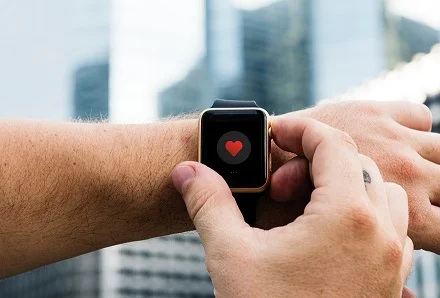
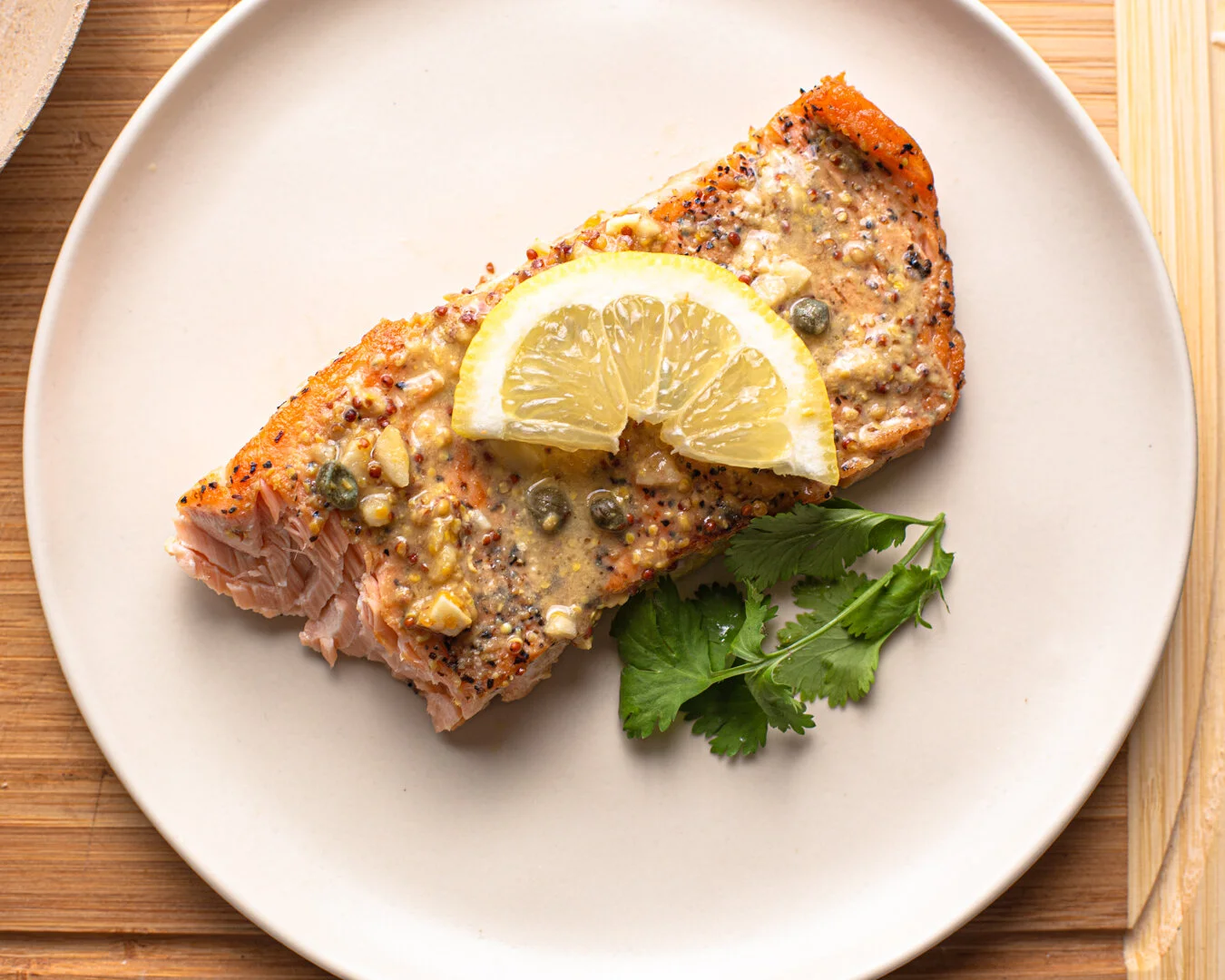
Can anyone do Barre, or is it only for graceful dancer types?